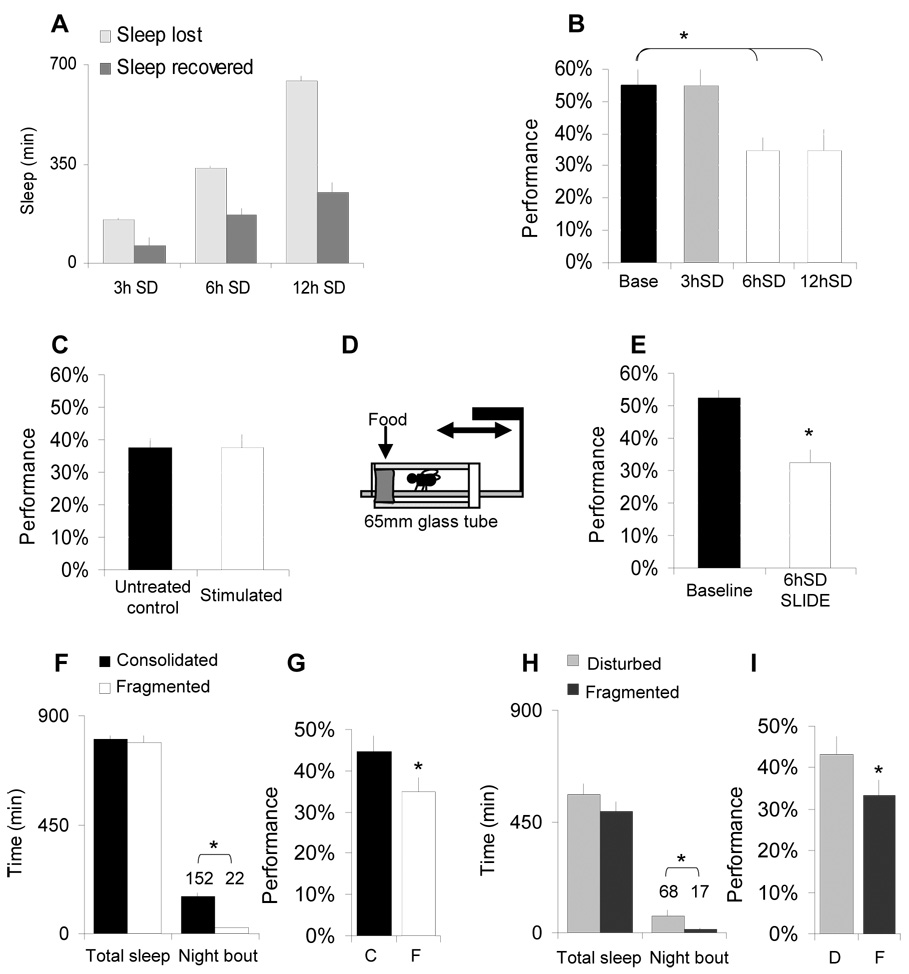Figure 1. Sleep disruption impairs learning.
A, Sleep Deprivation (SD)successfully eliminated 100% of baseline sleep (light-grey) during to 3, 6 and 12h of SD using the Sleep Nullifying Apparatus (SNAP). Sleep recovered in 24h after 3, 6 and 12h of sleep deprivation (SD) is proportional to sleep lost (dark-grey). Flies were sleep deprived until tested. SD was started at ZT 18 and ZT 21 for 3 h and 6 h SD. B, Learning was not impaired following 3 h SD but was significantly lower after 6 or 12 h of SD. C, 6 h of stimulation in the SNAP between ZT0-ZT5:59 (‘stimulated’) does not impair performance compared to untreated circadian-matched controls (black). D–E, Performance is impaired following 6 h of SD using the Sleep Interrupting Device (SLIDE). F, Total sleep and average sleep bout duration for Cs flies with consolidated sleep (black) and their spontaneously sleep-fragmented siblings (white). G, Learning is impaired in spontaneously fragmented flies (F) compared to siblings with consolidated sleep bouts (C). Learning was evaluated between ZT0-ZT3; (n=15/group). H. Experimental fragmentation was induced for three consecutive days in otherwise sleep consolidated flies by activating the SNAP for 5 minutes every 30 minutes. Controls were sleep deprived for 4 hours (ZT11-ZT15) and thus received the same number of stimuli (1440) and similar total sleep loss while obtaining consolidated sleep bouts. I Experimental sleep fragmentation (F) impairs performance compared to flies that are disturbed (D) but with consolidated sleep. (*: p<0.05).

